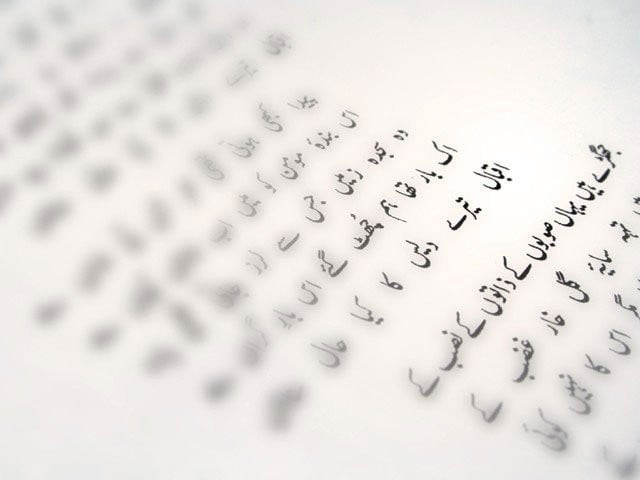The language question
The importance of regional languages must not be ignored and these must be given their due status as well

PHOTO: FILE
While using Urdu as an official language will be a welcome step, we must remember that English has been used in matters of business for so long, that many official terms do not have direct Urdu replacements. And often, even when there are Urdu words available, the public is more familiar with the English terms. These include various designations, court orders as well as parliamentary terms, to name but a few. The switch from English to Urdu, then, may not necessarily be as simple or as inclusive as it is expected to be. What is needed is better research on finding colloquial Urdu words that these English terms will be replaced by, because otherwise the public at large may still end up finding the language in official use unintelligible, even after the switch to Urdu is made. Having said that, it is also true that using only English as the official language has led to more class-based discrimination because it is usually elite, private schools that are able to equip students with complete command over it. The use of Urdu at an official level, therefore, could turn out to be a real positive. At the same time, the importance of regional languages must not be ignored and these must be given their due status as well. Many countries in the world have more than one official language. Perhaps, we should also show a bit more flexibility and inclusivity on this front.
Published in The Express Tribune, September 12th, 2015.
Like Opinion & Editorial on Facebook, follow @ETOpEd on Twitter to receive all updates on all our daily pieces.














COMMENTS
Comments are moderated and generally will be posted if they are on-topic and not abusive.
For more information, please see our Comments FAQ